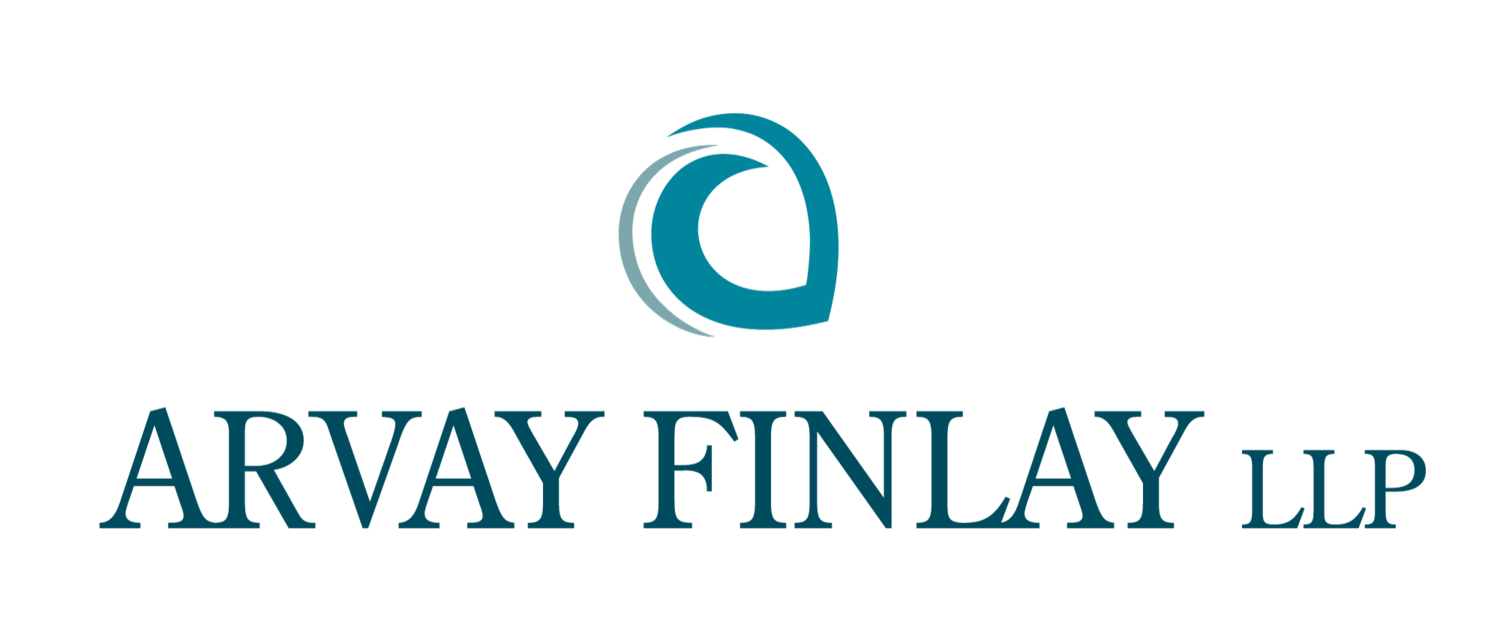The Supreme Court of Canada has today granted leave to intervene to the British Columbia Civil Liberties Association (BCCLA) in an appeal from this decision: R. v. Ravilovich, 2017 ONCA 634.
The issues in this appeal are important matters of public law that concern whether the Criminal Code, properly interpreted, leaves sentencing judges with discretion to refuse to order a fine in lieu of forfeiture of seized funds previously paid to counsel by virtue of a court order. The BCCLA will argue that an accused person who requires counsel, and who is otherwise unable to afford counsel, should not be required to choose between being self-represented on the one hand, and potentially being subject to a sentence, in addition to what is fit and appropriate having regard to the charges and the circumstances of the person, for having applied for and received a court order permitting fees to be released under judicial supervision.
The BCCLA is represented by Alison M. Latimer and Gregory DelBigio, Q.C.
